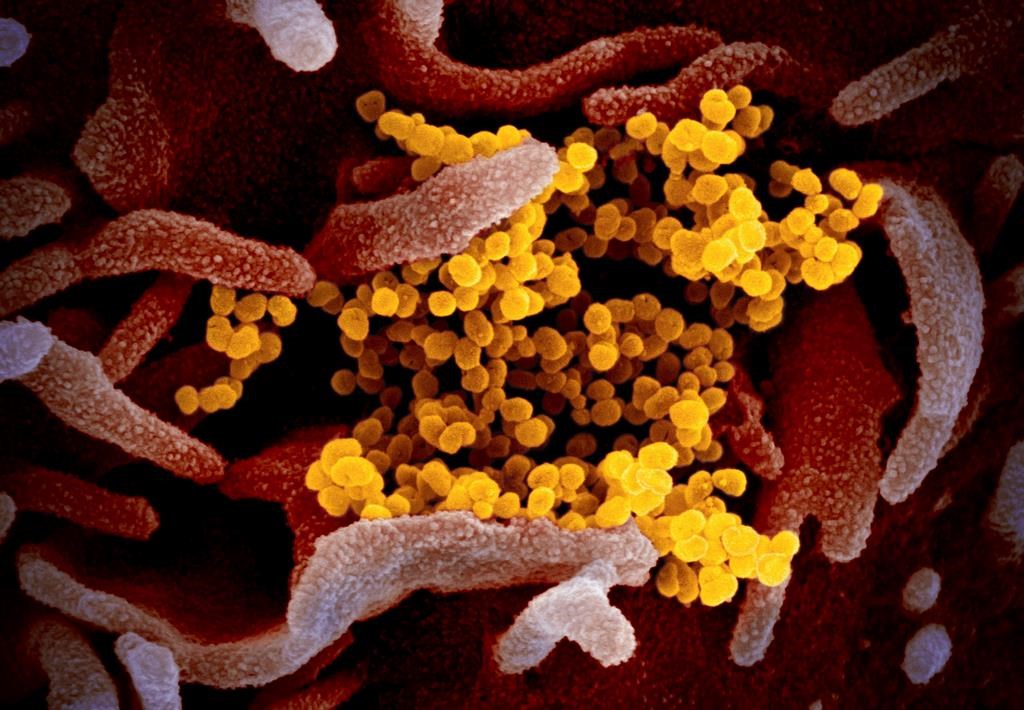Researchers at Lawson Health Research Institute are looking to see if a particular lipid and protein mixture currently used to help improve lung function in premature babies can be used in the fight against the novel coronavirus.

Lawson researchers are hoping to determine if bovine lipid extract surfactant suspension (BLES®) — which is manufactured in London, Ont., and does not have any generic counterparts — can be used to treat respiratory failure resulting from COVID-19.
“We’ve actually done some research at the Lawson for over 30 years now, looking at a substance called surfactant,” Dr. Jim Lewis, Lawson scientist and respirologist at St. Joseph’s Health Care London, said on The Craig Needles Show.
“Now, for most adult physicians, they may not have a lot of familiarity with surfactant because even though it’s a normal lining layer of the lung that allows us to breathe normally, we’re not aware of it — we shouldn’t be aware of it if it’s working right.”
Lewis says surfactant extract manufactured at a company in the city is a “routine therapy” for premature babies that has “had a huge impact on infant mortality over the last 20, 25 years.”

Get weekly health news
“It’s an organic extract from cow lungs, actually, that has been very effective for preterm babies. But as an adult respirologist, I sort of had an interest in surfactant playing a role in patients with lung injury called ARDS (acute respiratory distress syndrome).”
Data from three decades of study involving surfactant and ARDS has shown that it’s “particularly effective” in patients with pneumonia-induced lung injuries, Lewis said.
“We think that is going to be an effective therapy moving forward and hopefully save lives.”
Researchers are hoping to recruit ten patients to receive the surfactant and another ten to serve as a control group.
“Our strategy in London, because we have local expertise in a local company, is to keep it small initially,” said Lewis, “we’re pretty confident this first stage will be successful and that will lead to larger studies involving other centres.”

Lewis says work on the study began months ago as researchers had to go through Health Canada, but the “final approval for all the paperwork” was received last week.
“We’re sort of in a double-edged sword here: we don’t want another wave, we don’t want any more critically ill patients, but should that happen, we’re ready to go and we think that we’re in a good position to have an effect on these patients.”









Comments